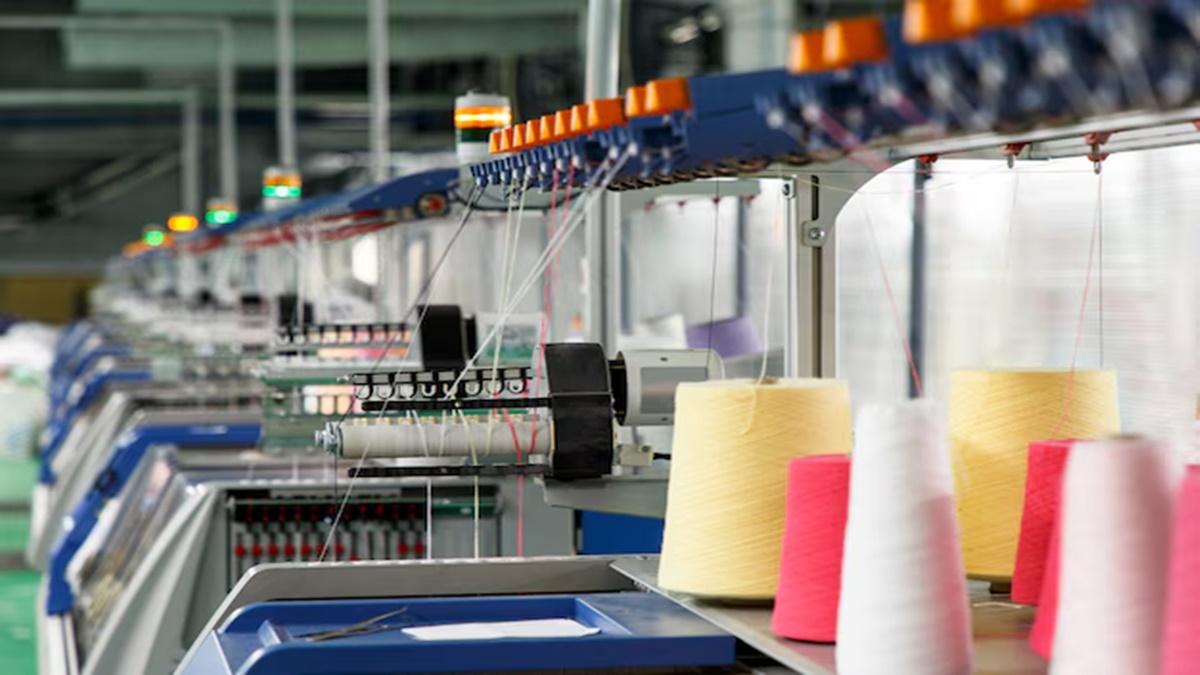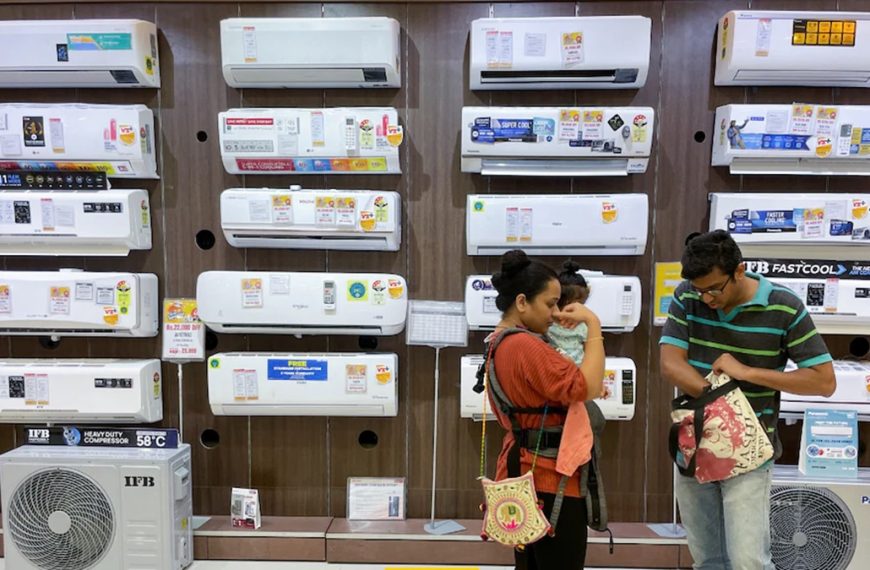Fashion retailers in India are rapidly evolving their collection cycles, moving from a traditional six-month rollout to a much quicker pace, often launching new styles almost every month. This shift is largely driven by consumer demand for fresh, trendy apparel, particularly among the younger generation who are active on social media platforms like Instagram. Brands such as Arvind Fashions, Trent, Blackberrys, and Madura Fashion & Lifestyle are at the forefront of this trend, aligning their strategies with the global fast-fashion movement led by giants like Zara and Uniqlo.
The Shift to Faster Fashion Cycles
A recent study conducted by Vector Consulting and NielsenIQ reveals a significant transformation in the fashion industry. Currently, 11% of collections are being rolled out in just 3-5 months, and 2% of brands are achieving lead times of under three months. This is a stark contrast to previous practices where 39% of apparel collections took 6-9 months to reach consumers.
- Key Findings:
- 11% of collections in 3-5 months
- 2% of brands achieving under three months
- 39% of past collections took 6-9 months
Consumer Influence on Fashion Trends
Industry leaders emphasize the importance of speed in responding to consumer preferences. The growing influence of Gen Z shoppers, eager to replicate popular designs seen online, has pushed brands to prioritize rapid collection releases. Kulin Lalbhai, Vice-Chairman of Arvind, highlights that the expectation for new styles in stores or online is now critical to success. He notes a strategic shift from wholesale to direct distribution, allowing for greater market responsiveness and more frequent launches.
Streamlining Manufacturing Processes
P. Venkatesalu, Managing Director of Trent, mentions that the company has successfully reduced manufacturing timelines by 20% by enhancing its operational ecosystem. This collective effort within the apparel industry is fostering agility and efficiency, allowing retailers to meet market demands more effectively.
Balancing Core and Dynamic Collections
Modern retailers are now categorizing their offerings into core and dynamic products. The core items ensure a steady supply to maintain sales, while dynamic products adapt based on demand fluctuations. This dual approach helps brands stabilize revenue while remaining flexible to consumer trends.
Reimagining Supply Chains for Quick Fashion
According to P. Senthilkumar, a senior partner at Vector Consulting, the quick fashion model requires a complete redesign of supply chains, from yarn producers to fashion brands. The focus is on delivering products swiftly while minimizing markdowns and stockouts for bestsellers. This new approach also aims to reduce excess inventory for less popular items.
Tech Startups Revolutionizing Fashion Rollouts
Emerging B2B manufacturing tech startups like Groyyo, Zyod, and Fashinza are playing a pivotal role in accelerating the design-to-delivery timeline. These companies have managed to cut the turnaround time from six months to just six weeks, with minimum order quantities dropping significantly from 2,000 to 200 units per style.
- Benefits of Tech in Fashion:
- Reduced design-to-launch time from 6 months to 6 weeks
- Lower minimum order quantities
- Enhanced prediction and planning capabilities
Ankit Jaipuria, co-founder of Zyod, explains that their technology-driven ecosystem allows brands to predict trends and collaborate more effectively. Launched in January 2023, Zyod has already partnered with major retailers like Reliance Retail and Tata Cliq, contributing to the creation of nearly 10,000 new styles monthly.
Enhanced Control and Efficiency in Production
These startups eliminate the complexities associated with managing multiple stakeholders manually. For example, Subin Mitra, founder of Groyyo, emphasizes their comprehensive approach to overseeing design, quality, and fabric procurement, ensuring that production processes are seamless and efficient. Groyyo has collaborated with renowned global brands, demonstrating the effectiveness of their tech-driven model.
As the fashion industry continues to evolve, the integration of technology and a keen understanding of consumer behavior are essential for brands aiming to thrive in a fast-paced market. The focus on quick turnarounds and dynamic collections is reshaping how consumers engage with fashion, creating a new standard for retail success.











